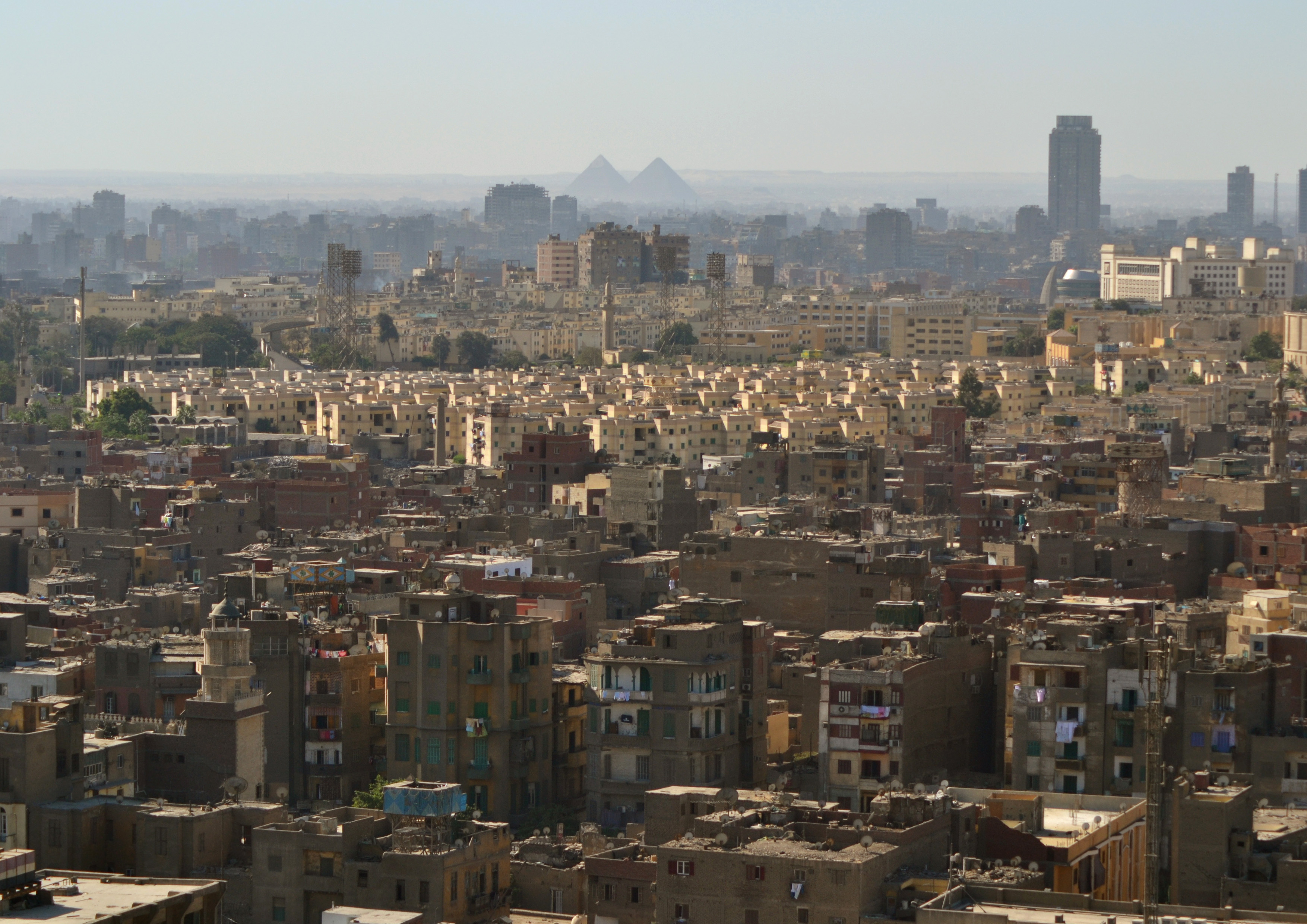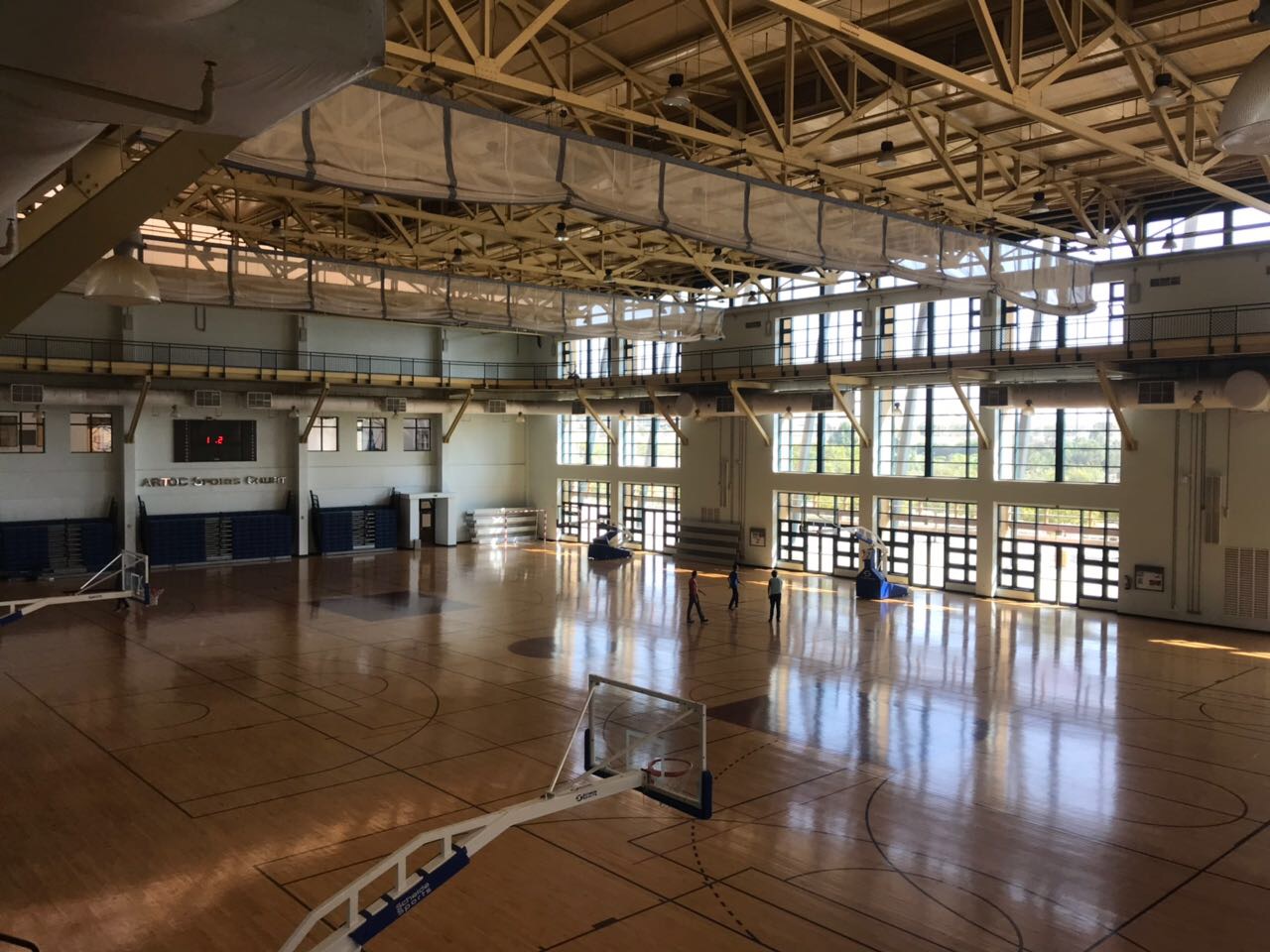Witness to an Assassination: Lebanon in Crisis
By: Salma Abouelwafa
@Salmaabouelwafa
The second series of the Reporting History Webinar hosted by the Journalism and Mass Communication Department (JRMC) featured guest speaker Yazbek Wehbe, one of the last few journalists who met with the late Lebanese Prime Minister Rafic Al Hariri before his assassination on February 14, 2005.
Al Hariri was a businessman and politician who served as the prime minister from 1992 to 1998 and again from 2000 until his resignation in 2004. He was renowned for putting together the Taif Agreement which helped end the 15-year Lebanese Civil War in 1990, and for much of the post-war reconstruction projects.
“There was a huge explosion, [the likes of ] which I have never even heard of in the history of the Lebanese War. I have never experienced an explosion with such force,” said Wahbe, a reporter, and TV presenter for Lebanese Broadcasting Corporation International (LBCI), during the webinar.
The blast near the St. George Hotel in downtown Beirut also killed 23 people.
Wahbe recalled the feelings of “suspicion and astonishment” that he and his colleagues experienced at the moment of the explosion, wondering what was happening.
“I was in the house of parliament covering for LBC. At about 12:15, Al Hariri left the session. I was standing outside the door listening to the conversations. He just waved at me when he passed by and when I went to ask him a question I felt he was a bit grim and just waved and left. He went to a cafe,” said Webhe, recalling the last time he saw Al Hariri.
The unsettling atmosphere did not end at the explosion – journalists were also being targeted at a time in which the country was experiencing instability and assassinations.
In the aftermath, Wehbe would routinely check under his car for any explosive devices, make sure to shut the metal gates of his house and would also change his route home everyday.
Host Khaled Ezzelarab, an Associate Professor of Practice at JRMC, highlights that the focus of the webinar is on the accounts of journalists such as Wehbe who are also witnesses to important historical events.
“The webinar targets a mixed audience. So, on the one hand, you have students from JRMC, and the aim for this target group is to convey the overall experience of journalists while they are reporting a big story which entails not only their professional experience but also their human experience while carrying out their duties,” Ezzelarab told The Caravan.
“In this, they can get a glimpse of a journalist’s real-life experience for anyone who is contemplating pursuing a career in journalism.”
Ezzelarab added that he started the series to combine his passion for journalism and fascination with history, which was evident to attendees such as Mira Maged, a JRMC Teaching Assistant and Kamal Adham Center TV Journalism graduate.
“I was hooked by the idea of not only going back to this specific period but also to see it from a journalist’s perspective and how we got to tackle this event through this particular journalist. The source was very rich, so I was hooked,” Maged told The Caravan.
Reporting History is a series held on Zoom that covers worldwide historical events such as wars, revolutions, occupations or high-profile crimes through the journalists who covered them in the field.
On March 20, Ezzelarab will host guest speaker Ghaith Abdul-Ahad, an Iraqi-British journalist who will share his memories of the US and UK invasion of Iraq in 2003.




